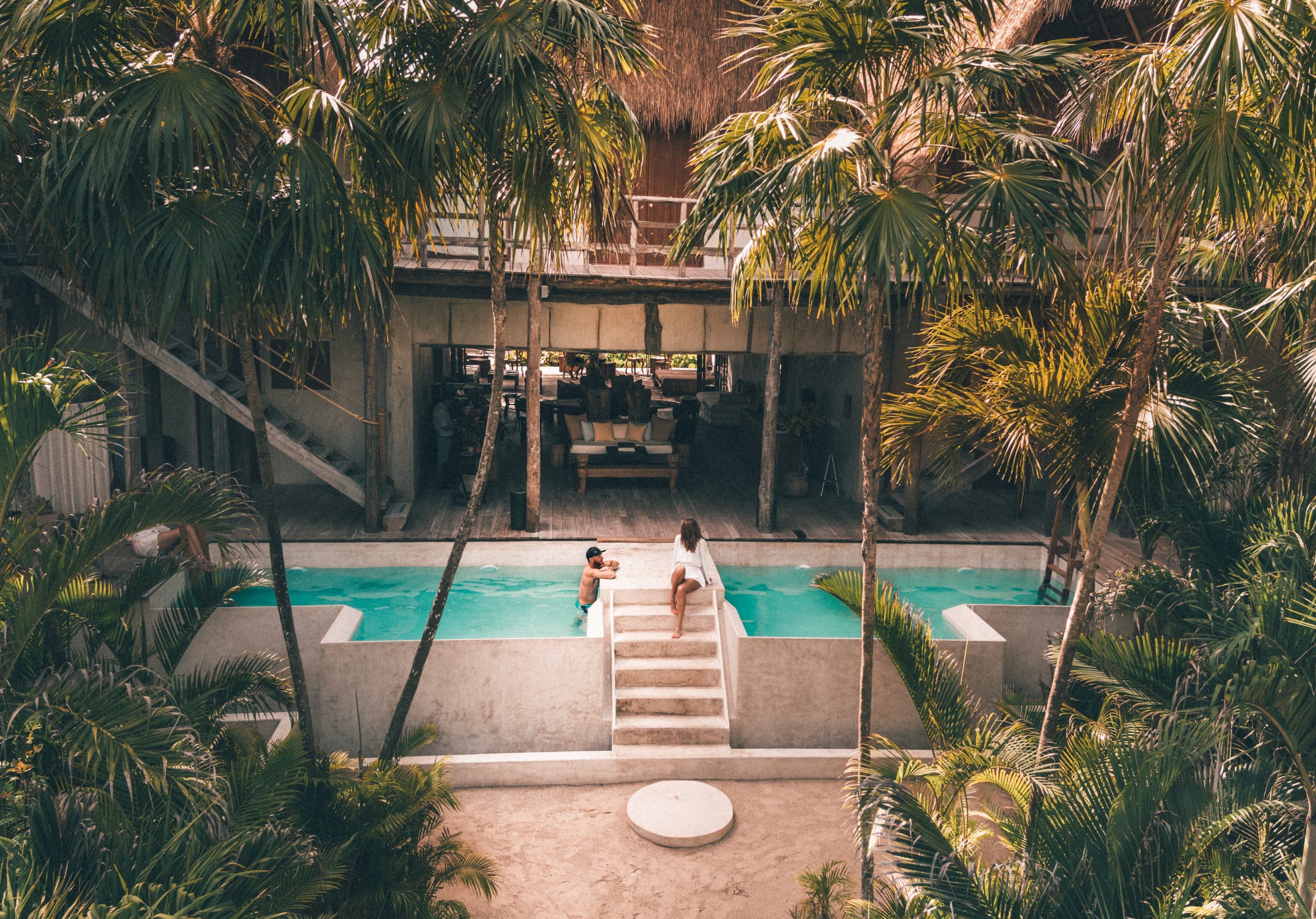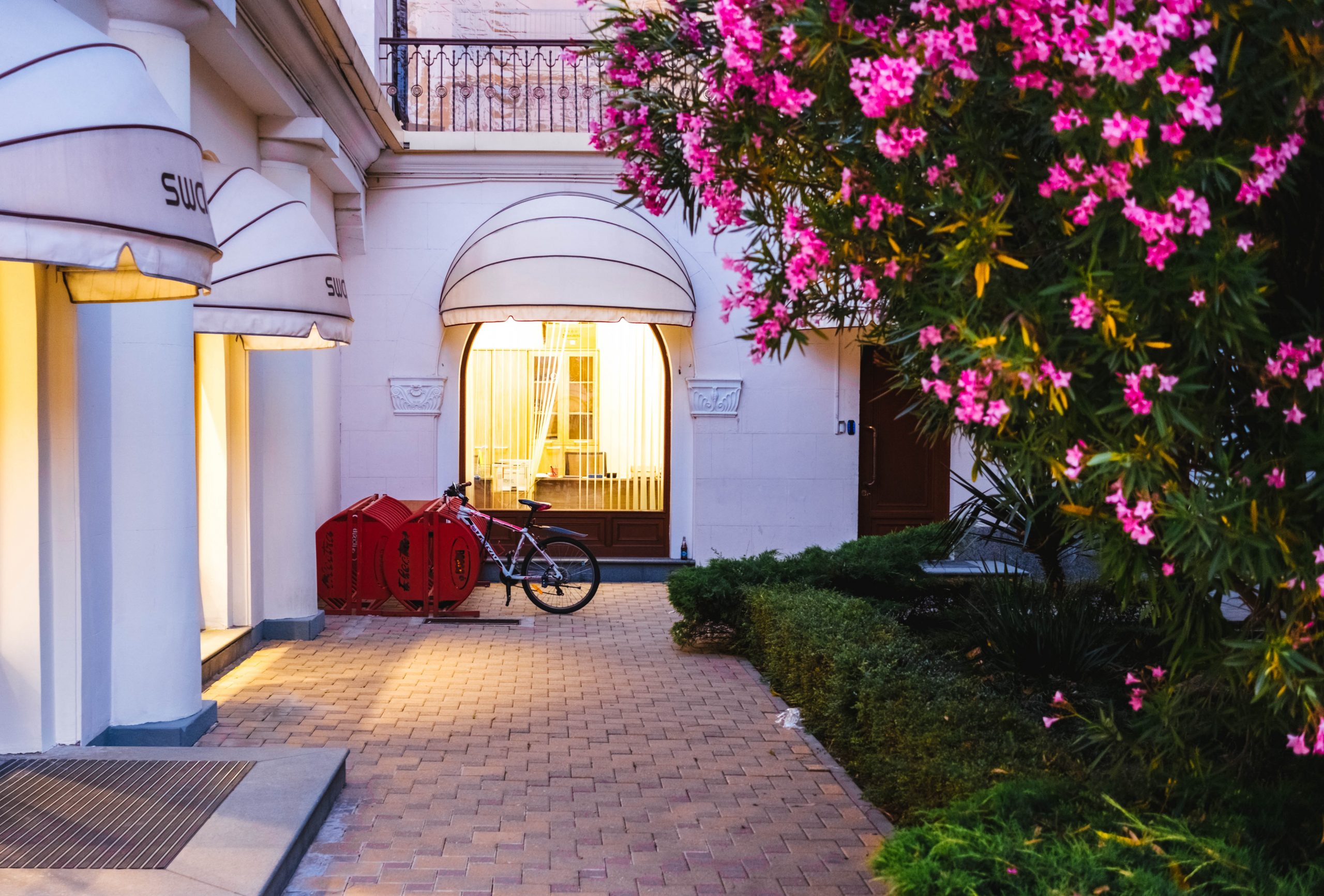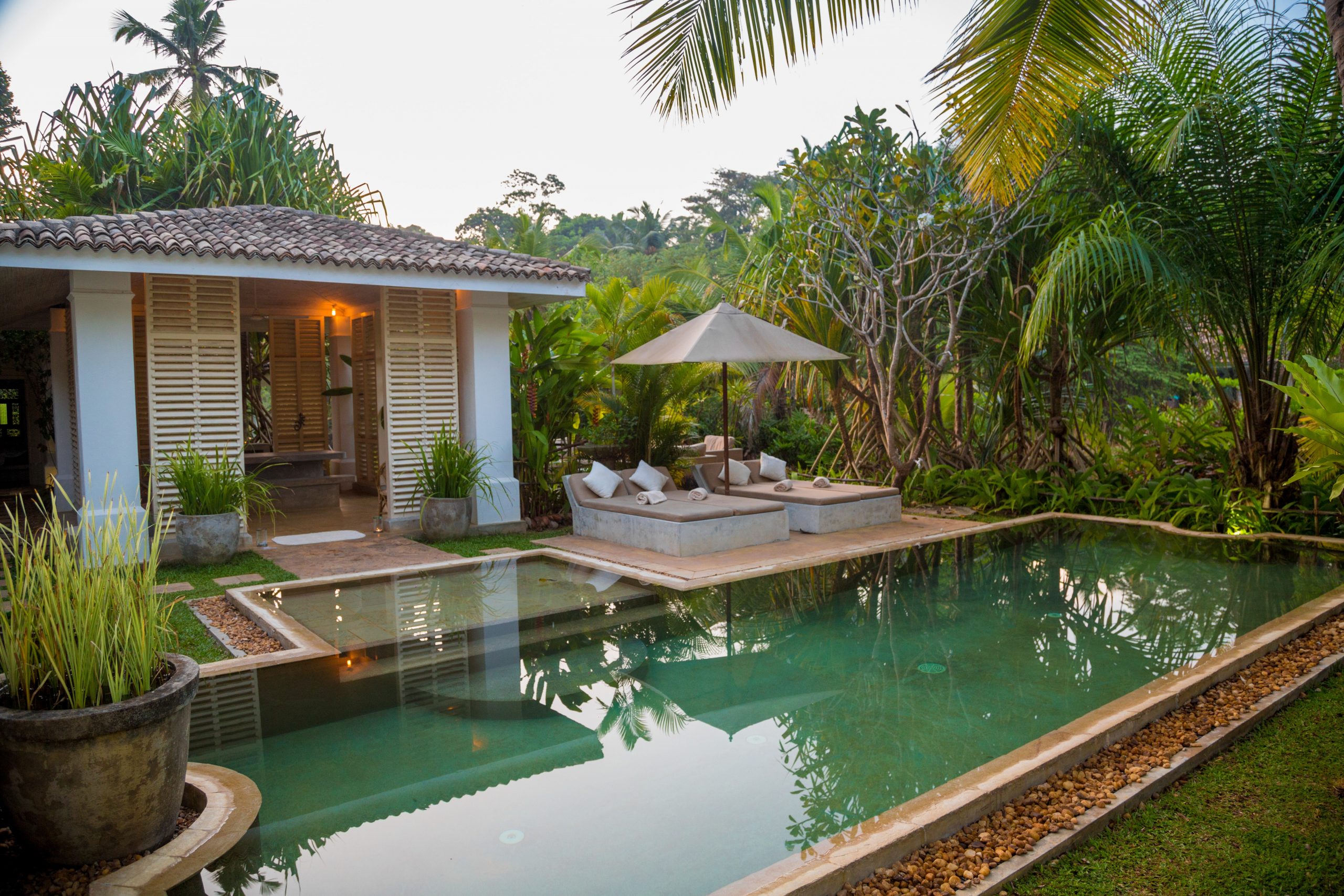Exploring the Travel Habits of Generation Z and Millennials
Imagine closing your eyes and upon opening them, you find yourself planning your next adventure. This isn't just a fleeting desire, but a reflection of a lifestyle that's gaining momentum among younger generations. Today, Generation Z and Millennials are redefining what it means to travel, infusing their values, preferences, and technology into the heart of their travel experiences. This article offers a detailed look at these emerging habits, starting from the travel behaviors and preferences of these generations. One of the most notable characteristics of Generation Z and Millennials is their focus on frequent travel, prioritizing experiences and adventures over the accumulation of material goods. This inclination reflects a broader desire to live fully and collect moments instead of objects. Sustainability: A Key Factor Sustainability, as in other sectors, is a critical element in the decisions of Generation Z and Millennials. These generations prefer brands and companies that demonstrate a genuine commitment to sustainability and social responsibility. According to an article in Conciencia Eco, Generation Z has shown a strong commitment to the environment and social change, even influencing the consumption decisions of previous generations towards more sustainable options. A global study indicates that 85% of consumers have changed their purchasing habits in favor
The new era of luxury sustainability in hospitality
We have been discussing how 2023 is the year of sustainability across all sectors. However, this time, I am pleased to address a crucial aspect of this paradigm shift: sustainability in the hotel industry applied to luxury, which translates into the pursuit of a balance between exclusive comfort and environmental responsibility. That said, hotel sustainability is not a trend but a solid commitment to preserving the environment and the local community. Incorporating this concept into luxury goes beyond a mere "green" label and manifests in specific practices aimed at reducing the environmental and social impact of the hotel industry. Eco-Luxury stands as an example of industry progress, reflecting the increasing awareness among both hoteliers and travelers. The integration of sustainable practices in the luxury sector is not only appealing to environmentally conscious travelers but also contributes to preserving local traditions, supporting community livelihoods, and ensuring the conservation of natural resources for future generations. Growing trend and market data According to Facts and Factors, the global luxury hotel market was valued at approximately $95.11 billion in 2021 and is expected to reach $160.48 billion by 2028, with a compound annual growth rate (CAGR) of about 4.95% between 2022 and 2028. On the other hand, according to
Recycling, waste management, and other initiatives for a more sustainable hotel industry
The hospitality industry is one of the largest and most prosperous in the world, generating approximately $7.7 trillion in global revenue in 2022. However, it is also one of the most polluting. A study published in Nature Climate Change estimates that the hospitality industry is responsible for 8% of global greenhouse gas emissions, while data from the World Tourism Organization (UNWTO) predicts that CO2 emissions from tourism will increase by at least 25% by 2030. Given the challenge posed by climate change and the responsibility that falls on renowned corporations and brands, it is my pleasure to address in this article the actions that major hotel chains are taking to reduce their environmental footprint. One of the primary sources of pollution in the hospitality industry is waste. Hotels, restaurants, and other tourism businesses generate significant amounts of waste, including paper, plastic, glass, and metal. This waste can have a detrimental impact on the environment, contributing to climate change, air and water pollution, and biodiversity loss. In this regard, in recent years the hospitality industry has begun to take measures to mitigate its environmental footprint, with a key strategy being recycling. A significant example is the commitment of the Hilton hotel chain, known for
Sustainable hotels that lead the ecotourism sector
As a nature lover and frequent traveler, I have always looked for ways to enjoy new experiences without leaving a negative footprint on the environment. So I'm excited to tell you about the sustainable hotels that are leading the ecotourism industry. These hotels are not only concerned with offering their guests an unforgettable experience, but are also committed to minimizing their impact on the environment. From choosing green building materials to implementing energy and water conservation practices, these hotels are leading the way towards more sustainable tourism. One of the hotels to recommend in this sense is the Hix Island House in Puerto Rico. This hotel features innovative architecture and uses solar panels to provide most of its power. In addition, they have implemented a rainwater harvesting system and have organic gardens that provide fresh and local ingredients for their restaurant. Another great example is Six Senses Laamu in the Maldives, which uses renewable energy and has a wastewater treatment system to reduce its environmental impact. In addition, the hotel is committed to eliminating single-use plastics in its facilities and works in collaboration with the local community to promote the conservation of coral reefs. In Colombia, there is the eco-friendly Casa del Agua hotel




